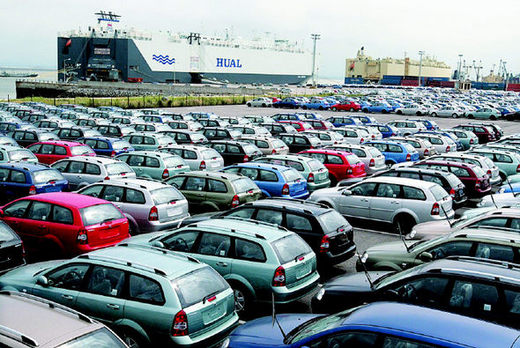 |
Alliance would shake up domestic, global auto markets
Talks of a business alliance between General Motors (GM) and Renault-Nissan Group have started, with domestic automotive companies paying close attention to the move. If a partnership between the two auto giants is reached, it will have a major impact on the local auto industry as well as the global automotive market. GM and Renault-Nissan have been given approval for the allance talks from their major shareholders. GM recently won an approval from its board for a plan to sell its 20-percent stake to Renault-Nissan. The French government, the major shareholder of Renault, said that it "respects management’s decision," giving leverage to the talks. Accordingly, the two companies have begun to assess the proposed alliance since July 15 and plan to make a decision within three months. Possibility is high for the creation of an auto behemoth that no other company could take on. If the two companies join hands, they will account for 30 percent of the global auto market, with an annual production capacity of about 17 million units. The local automotive market is bracing for the GM-Renault-Nissan alliance. The domestic automotive industry will be realigned by two frontrunners - Hyundai-Kia Motors versus GM Daewoo, Renault Samsung, and Ssangyong Motors. The latter three would virtually become one family. GM Daewoo and Renault Samsung are controlled by GM and Renault, respectively, as their names would suggest. Ssangyong Motors is owned by Shanghai Automotive Industry, which has set up close business ties with GM.If GM Daewoo, Renault Samsung, and Ssangyong Motors join forces, their combined market share would reach 26.2 percent by 2005 market figures, surpassing the 23.3 percent market share held by Hyundai-Kia Motors. The number of cars the three automakers could produce would jump to 1.28 million, compared with 1.16 million of Hyundai-Kia Motors. The benefits would not be confined to production. Cho Don-young, vice president of Renault Samsung, said, "From the long-term point of view, significant synergy is expected in terms of joint parts purchases, logistics, and sales. However, it’s still too early to talk about the effect of an alliance because of the uncertainty about the alliance talks between GM and Renault-Nissan." Expectations are also high for the domestic auto parts market. These companies could supply parts for the possible GM-Renault-Nissan group. If they are chosen as parts suppliers for GM Daewoo, Renault Samsung and Ssangyong Motors, they will gain recognition in the export market. However, some critics are concerned about the possible alliance, saying that if the deal is made, it will turn the local auto industry into a "subcontractor." If the alliance is made, GM and Renault-Nissan will have no choice but to keep core parts of production, such as research and development, at headquarters overseas. This was seen in the past alliances between Renault and Nissan and Daimler-Benz and Chrysler. If a parent company manages their global networks by controlling only production and sales volume, sister companies have no capability to develop their own models, and remain as a production base only. An official at the Korea Automobile Industry Association said, "If the three companies are united, they will have the difficulty of gaining leadership in new investment and model development. Overall, the alliance between GM and Renault-Nissan would be both a big opportunity and a big crisis for the local auto industry."





